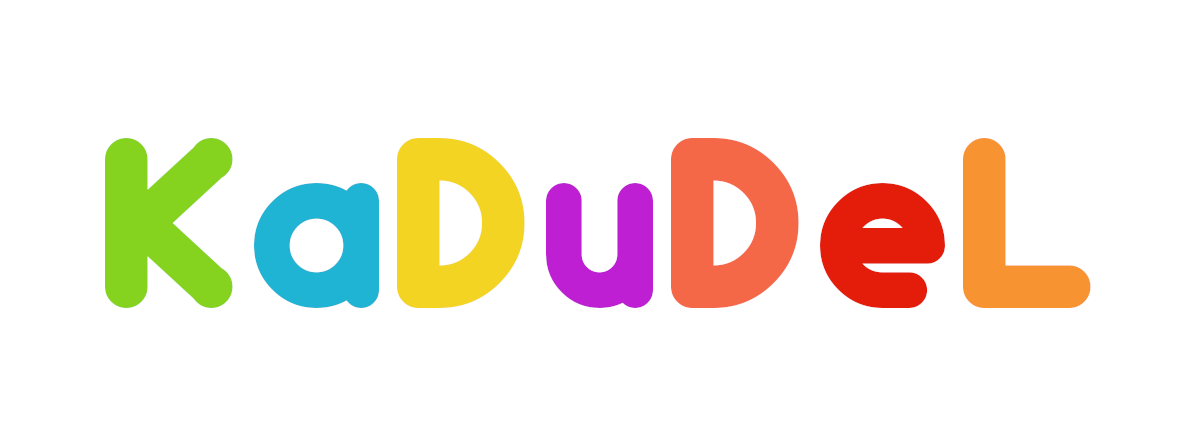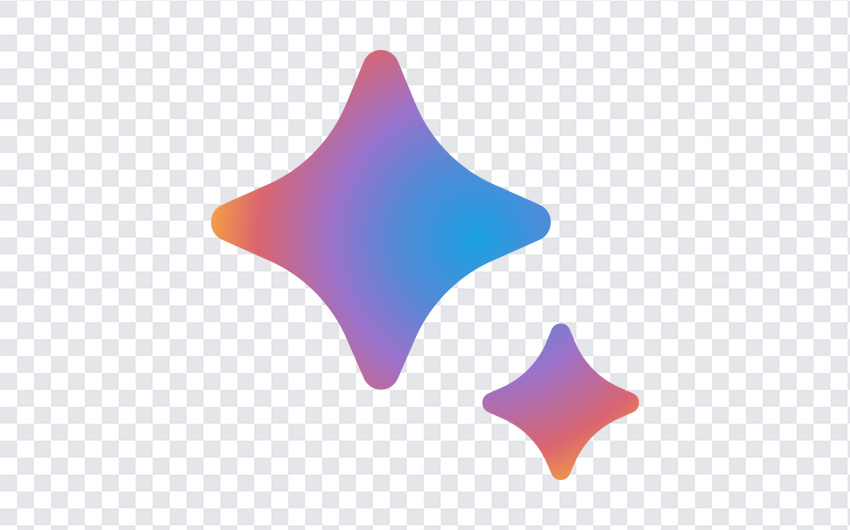Google is enhancing its AI chatbot, Bard, to assist programmers in writing and debugging code. Though other competitors such as ChatGPT and Bing AI already support code generation, Google claims that this has been one of the most popular requests since Bard’s launch last month. Bard can now help developers generate code, debug existing code, explain lines of code, and create functions for Google Sheets, in over 20 programming languages including Python, Java, and C++.
Bard users can request explanations for code snippets and code within GitHub repositories, similar to how Microsoft-owned GitHub is implementing its assistant, Copilot. Additionally, Bard can debug code provided by users or its own code if it produces errors or unexpected outputs. However, Paige Bailey, the group product manager for Google Research, warns that Bard may occasionally provide inaccurate or incomplete information while sounding confident, like other AI-powered chatbots. Therefore, developers should review Bard’s recommendations carefully before relying on them and always double-check their code.
Despite reports of criticism from employees calling it “a pathological liar,” Google is continuing to develop Bard to compete with rivals such as OpenAI and Microsoft. In comparison tests among Bard, Bing, and ChatGPT, Bard was found to be less accurate than its competitors.
Bard isn’t nearly as good as ChatGPT yet. Here is what Sabrina Ortiz said about Bard last month.
“Although Bard is still useful, ChatGPT and Bing Chat are more capable overall, which is surprising since Bard is relying on the biggest search engine in the world.
It is important to acknowledge that Google Bard is still in its very early stages and using a limited version of LaMDA. Google said in its Bard announcement that the chatbot, “will be updated with newer, more capable models over time.”
I attempted to use Google’s AI chatbot, Bard, to rewrite an article in a more favorable tone. However, I found that it was unable to complete the task successfully. Despite my initial hopes that Bard’s natural language processing abilities would enable it to recognize the sentiment of the article and rephrase it accordingly, it seemed that the technology was not yet advanced enough to handle this task effectively.
Nevertheless, I remain optimistic that Google will continue to refine and improve Bard’s capabilities in the future. While it may not be the go-to AI chatbot at present, there is no doubt that the potential of this technology is immense. As further advances are made, I am confident that Bard will become increasingly sophisticated and valuable tools for a wide range of applications.


